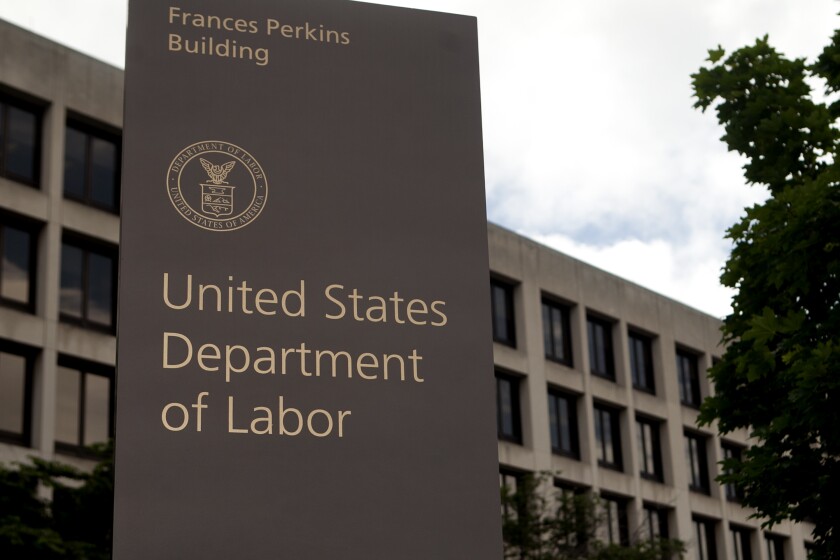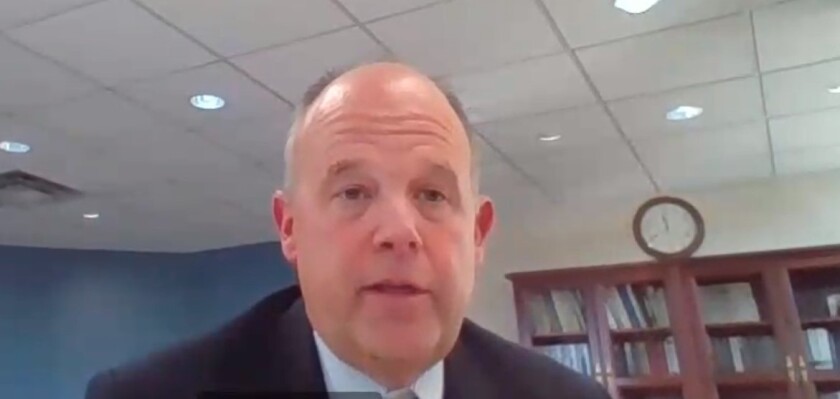What does the just-enacted largest relief package in history mean for your clients?
As the fallout from the coronavirus pandemic shutters business and slows economic activity, many Americans are counting on benefits from the $2 trillion Coronavirus Aid, Relief, and Economic Security Act, also known as the CARES Act. Among other assistance, this act includes a direct payment to most taxpayers and their families.
Here’s what your clients need to know about their stimulus checks — how much they’ll receive in and how to make sure they get it.
1. Who gets a check?
About 94% of American taxpayers who meet the following criteria are eligible to receive a stimulus check from the federal government, according to the latest information. These are the criteria:
- Is a U.S. citizen or legal resident
- Has a work-eligible Social Security number
- Is not a dependent, or eligible to be a dependent, on any other taxpayer
2. How much will the checks be?
Eligible individuals will receive checks in the amount of $1,200 or less, depending on adjusted gross income as reported on tax returns for either 2018 or 2019.
Married filing joint returns will be eligible to receive $1,200 each, for a total of $2,400.
Families with children age 17 or younger will receive $500 for each child.
- Single-filers with AGI of $75,000 or less will receive $1,200.
- Married taxpayers filing jointly with AGI of $150,000 or less will both receive $1,200.
- Single-filers who are head of households with AGI of $112,500 or less will receive $1,200.
- The amount of the check will decrease by $5 for every $100 by which AGI exceeds the threshold for a taxpayers’ tax filing status.
Still, if your client’s check would have been bigger based on their 2018 filing status, you may wish to counsel them to delay filing their 2019 return until after they’ve received their check. Remember, for 2020 returns don’t need to be filed until July 15. (Here’s an online calculator, courtesy of The Washington Post, on which your clients can estimate the size of their stimulus check.

3. What must clients do to receive the check?
As long as your client filed a tax return in 2018 or 2019, probably nothing. The IRS will send the payments via direct deposit or paper check if they are not set up on direct deposit (the checks will be mailed to the address shown on the tax return).
4. When will the checks arrive?
The act stipulates that the IRS must process the checks as fast as possible. I expect they will probably start going out in about three weeks.
5. What should they do with the money?
These direct payments are intended to provide direct assistance to American taxpayers who have lost wages, jobs or opportunities because of COVID-19. Priorities for the best ways for clients to use their stimulus checks — each situation, of course, being unique — include:
- Paying for necessities; Making minimum payments on credit cards or other debt
- Paying off high-interest debt if possible
- Starting or adding to an emergency fund
- Saving for retirement
- Helping others in need
6. What about business owners?
More information is becoming available about assistance for small businesses. The U.S. Chamber of Commerce has released a helpful guide for business owners who wish to apply for the payroll protection plan and economic injury disaster loans.
Other resources:
- U.S. Treasury fact sheet: https://home.treasury.gov/system/files/136/PPP%20--%20Overview.pdf
- Small Business Administration guidance and loan resources: https://www.sba.gov/page/coronavirus-covid-19-small-business-guidance-loan-resources
- US Chamber guide: https://www.uschamber.com/sites/default/files/023595_comm_corona_virus_smallbiz_loan_final.pdf
Unemployment declined 1 percentage point to 6.9 percent as the economy continues a slow recovery despite the ongoing COVID-19 pandemic.
Wages are set to go up in Florida after voters passed a minimum wage ballot initiative in Tuesday’s election.
Having started his transition at the beginning of the pandemic, Board Chair Richard Jones now faces the uncertainty of the presidential election and what Congress might do with accounting standards.
As firms begin preparing for the busy season, what have we learned about hiring, training and working in a pandemic, and how can we prepare for the new normal?










